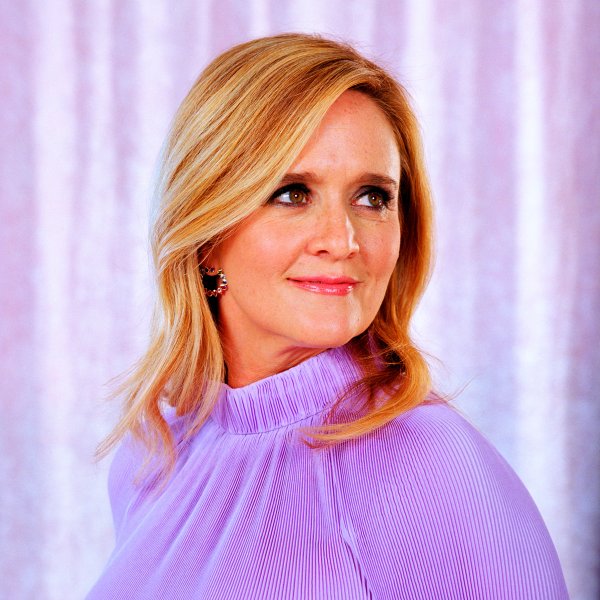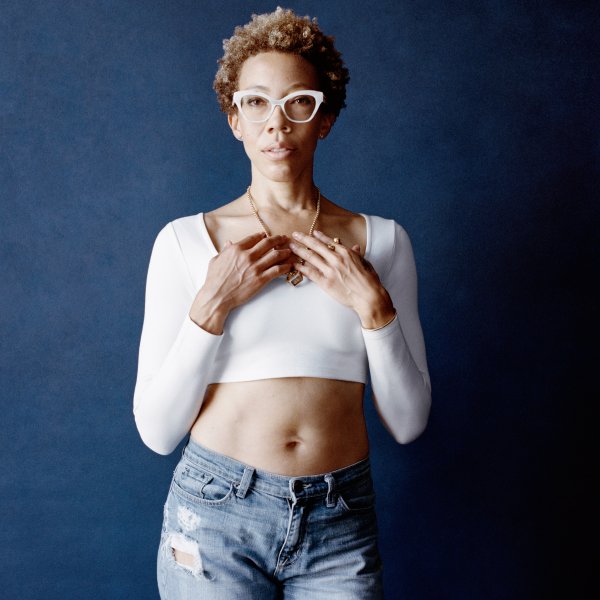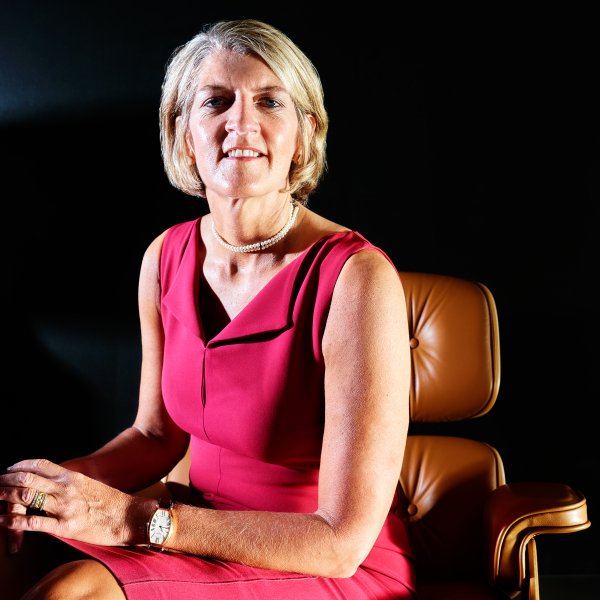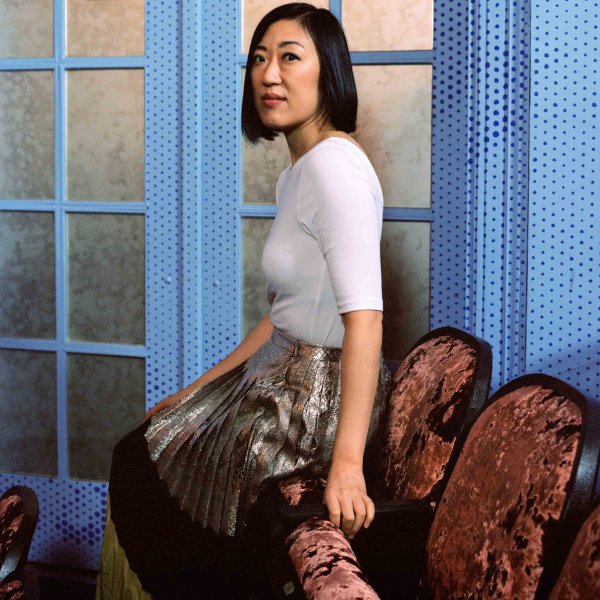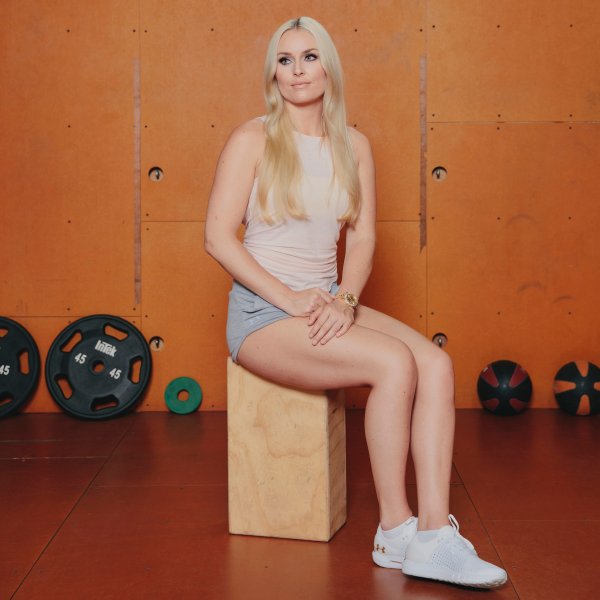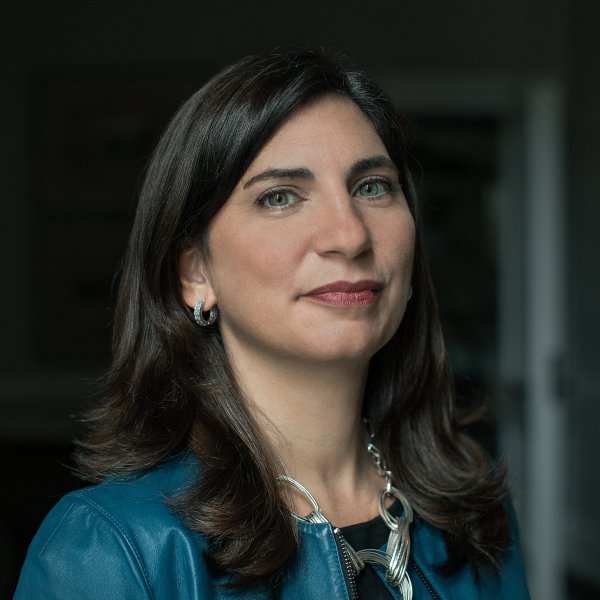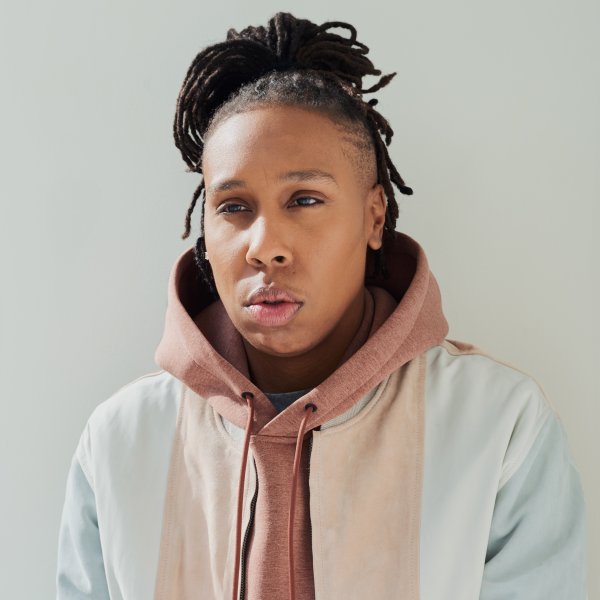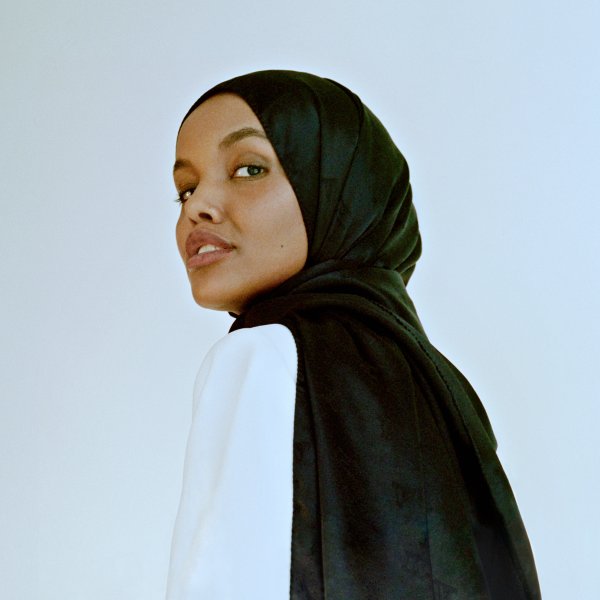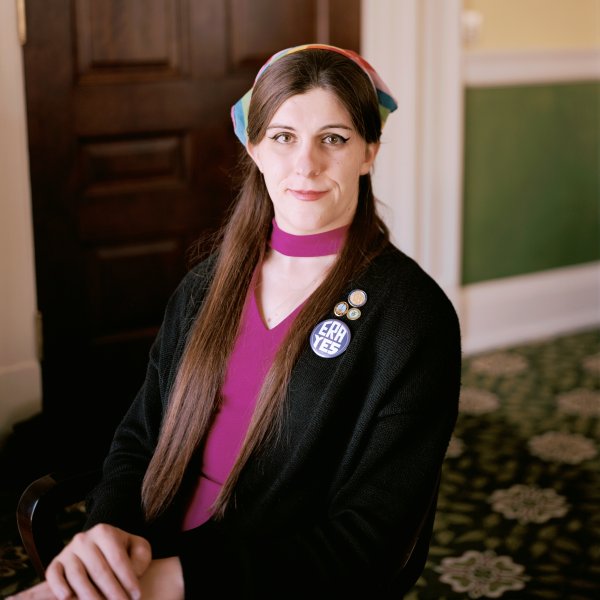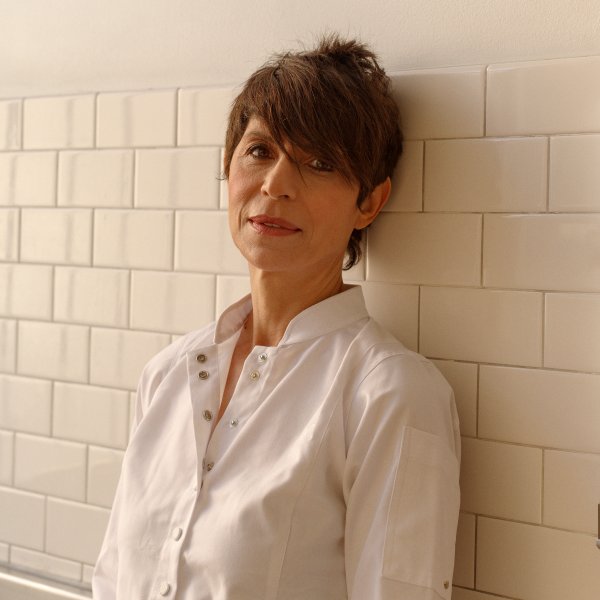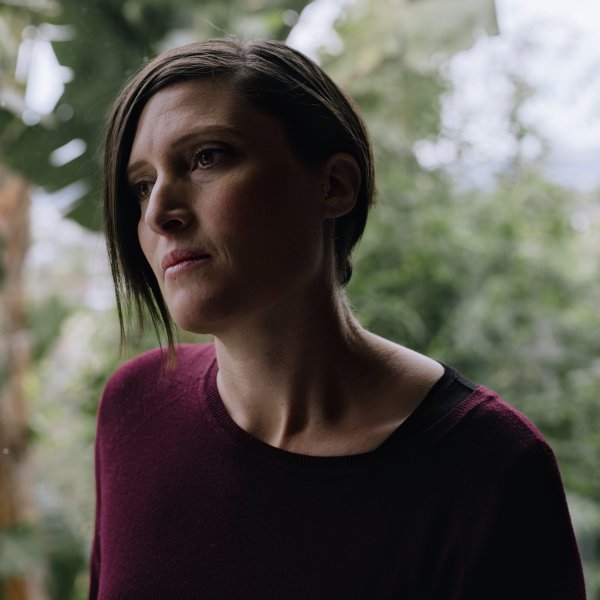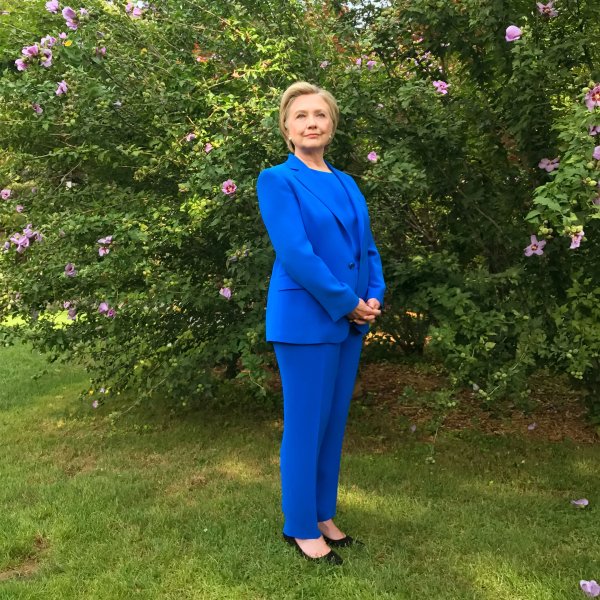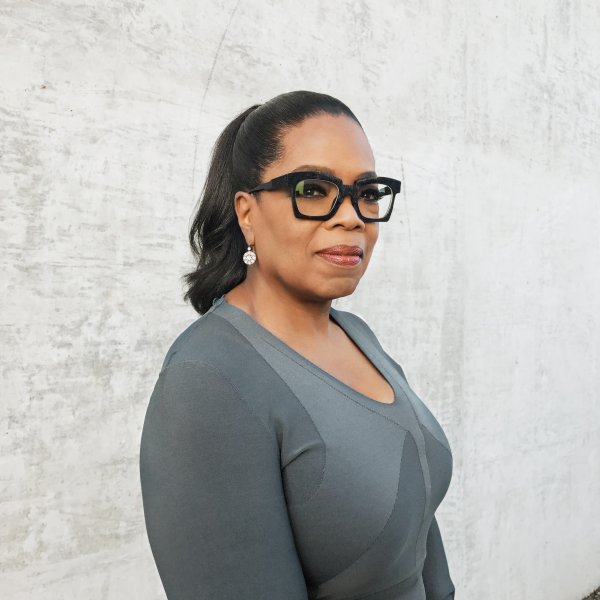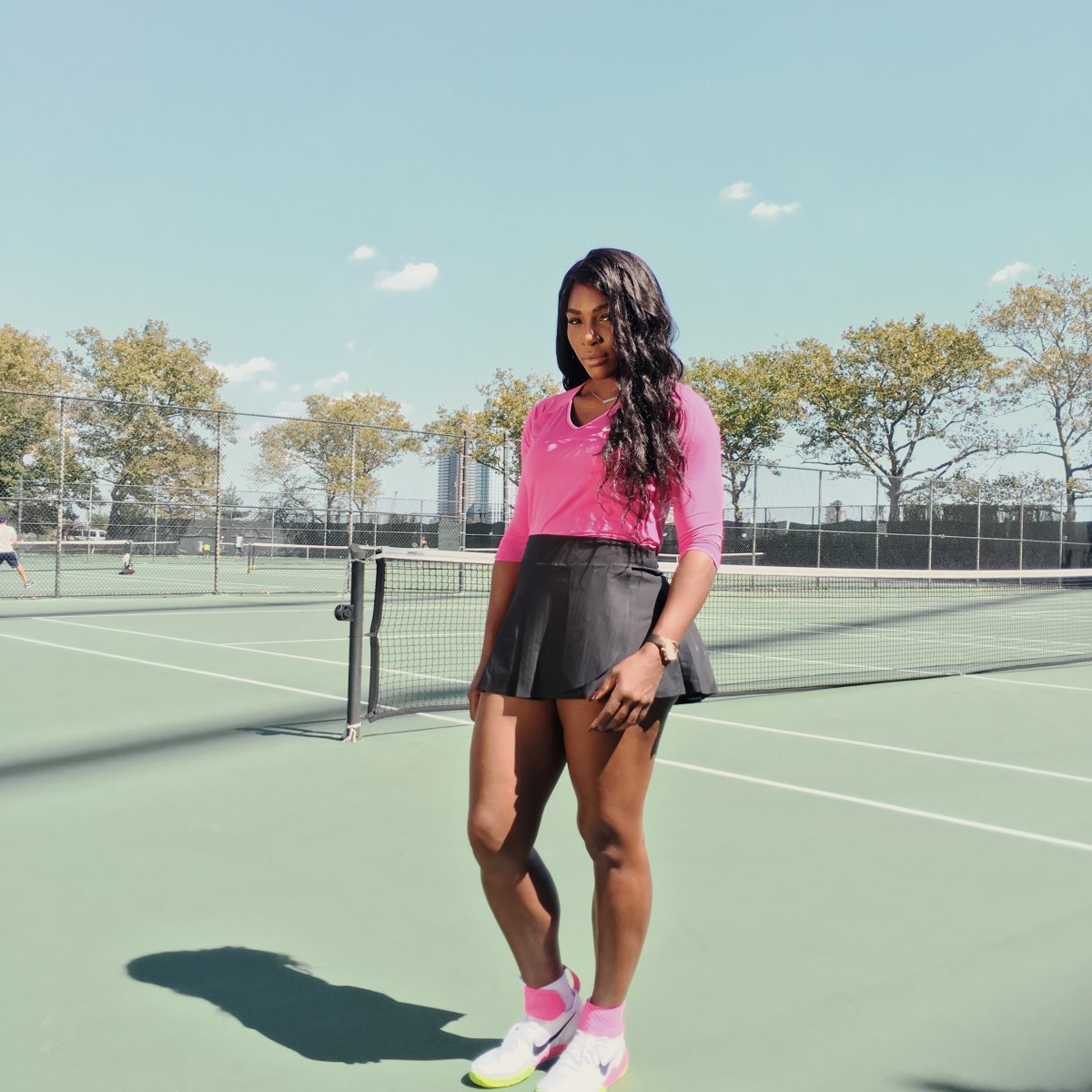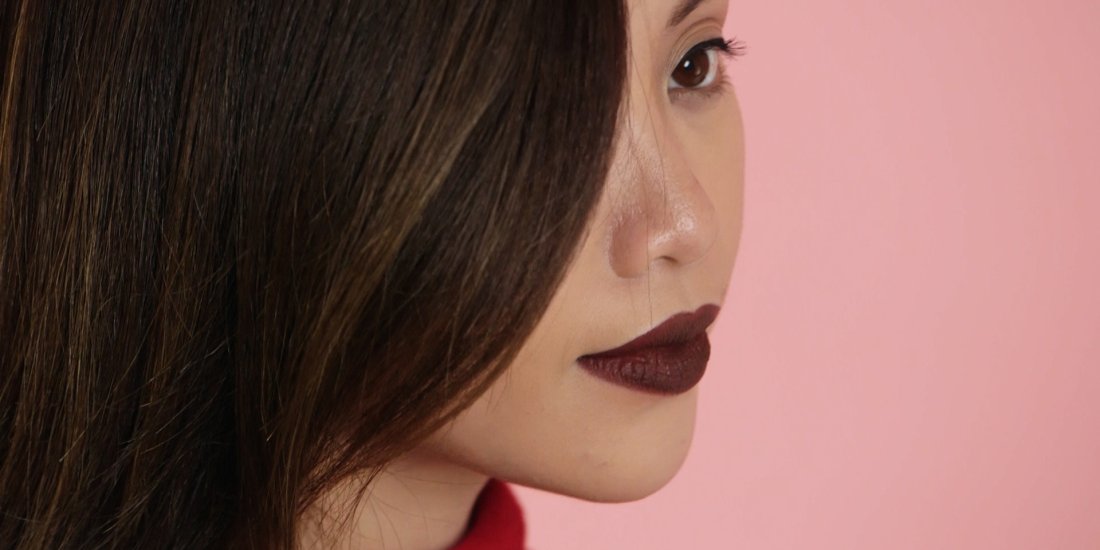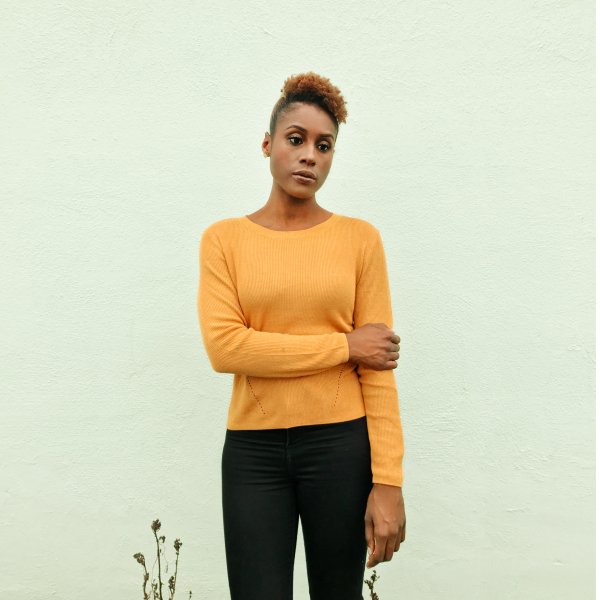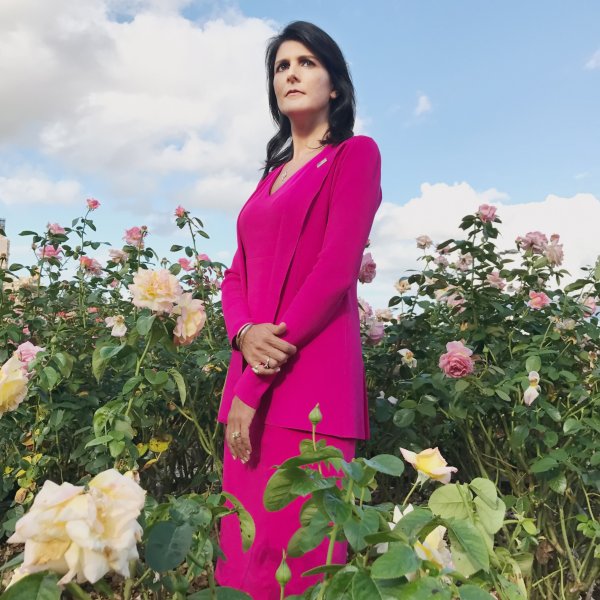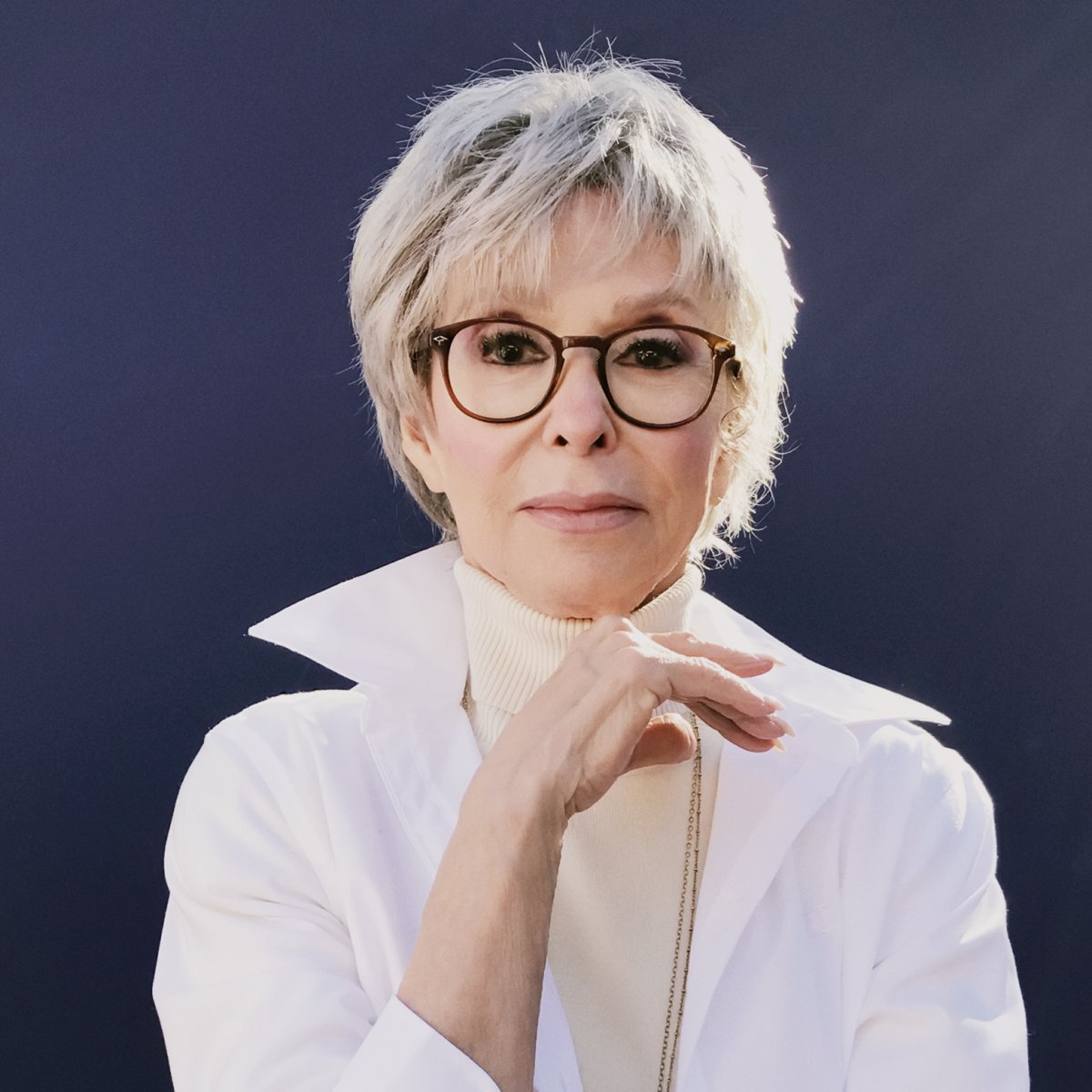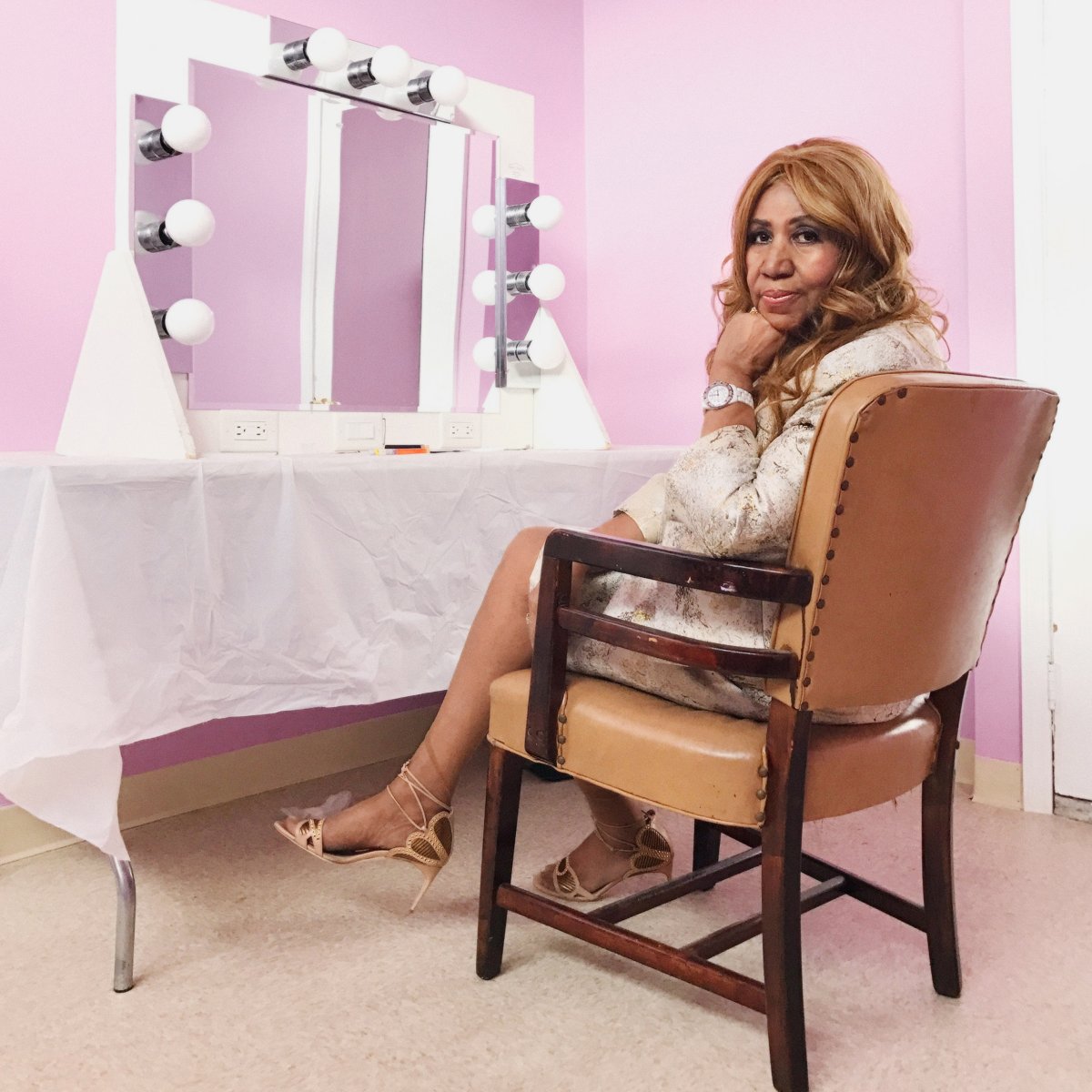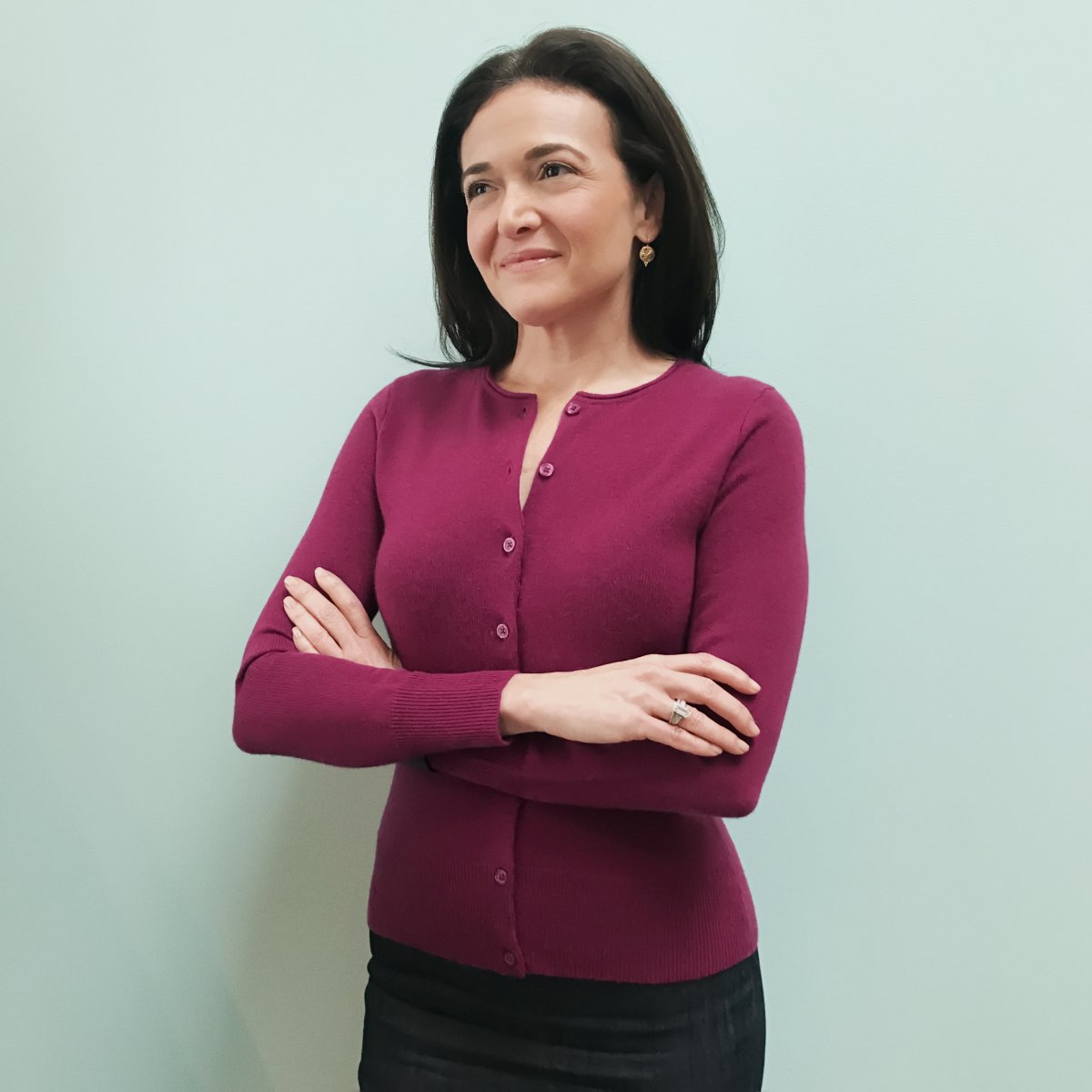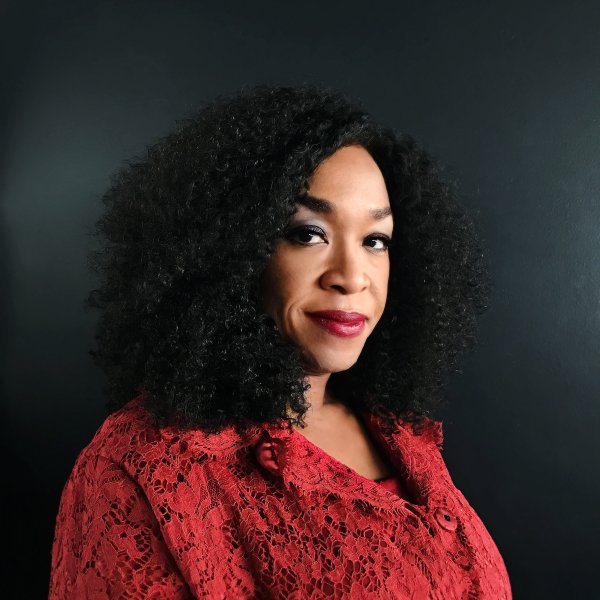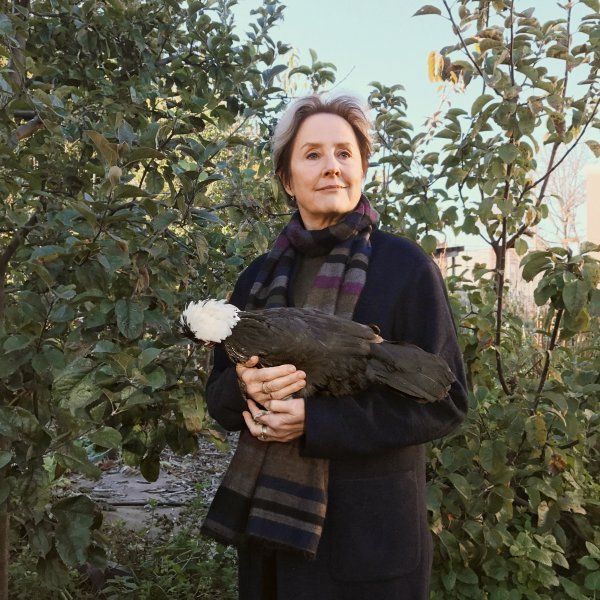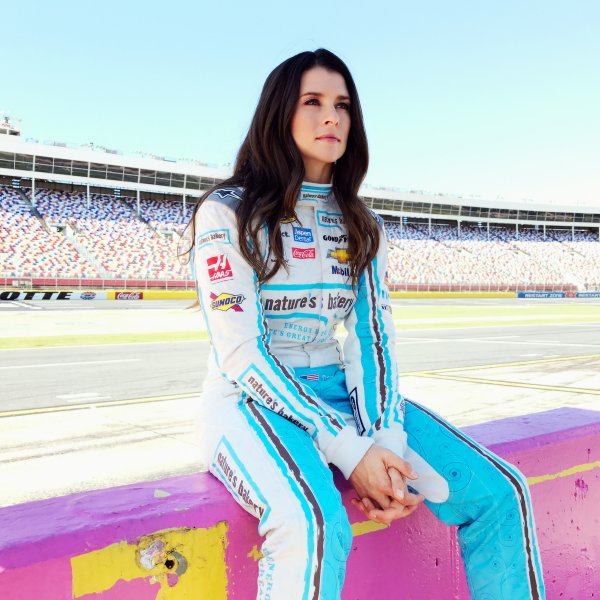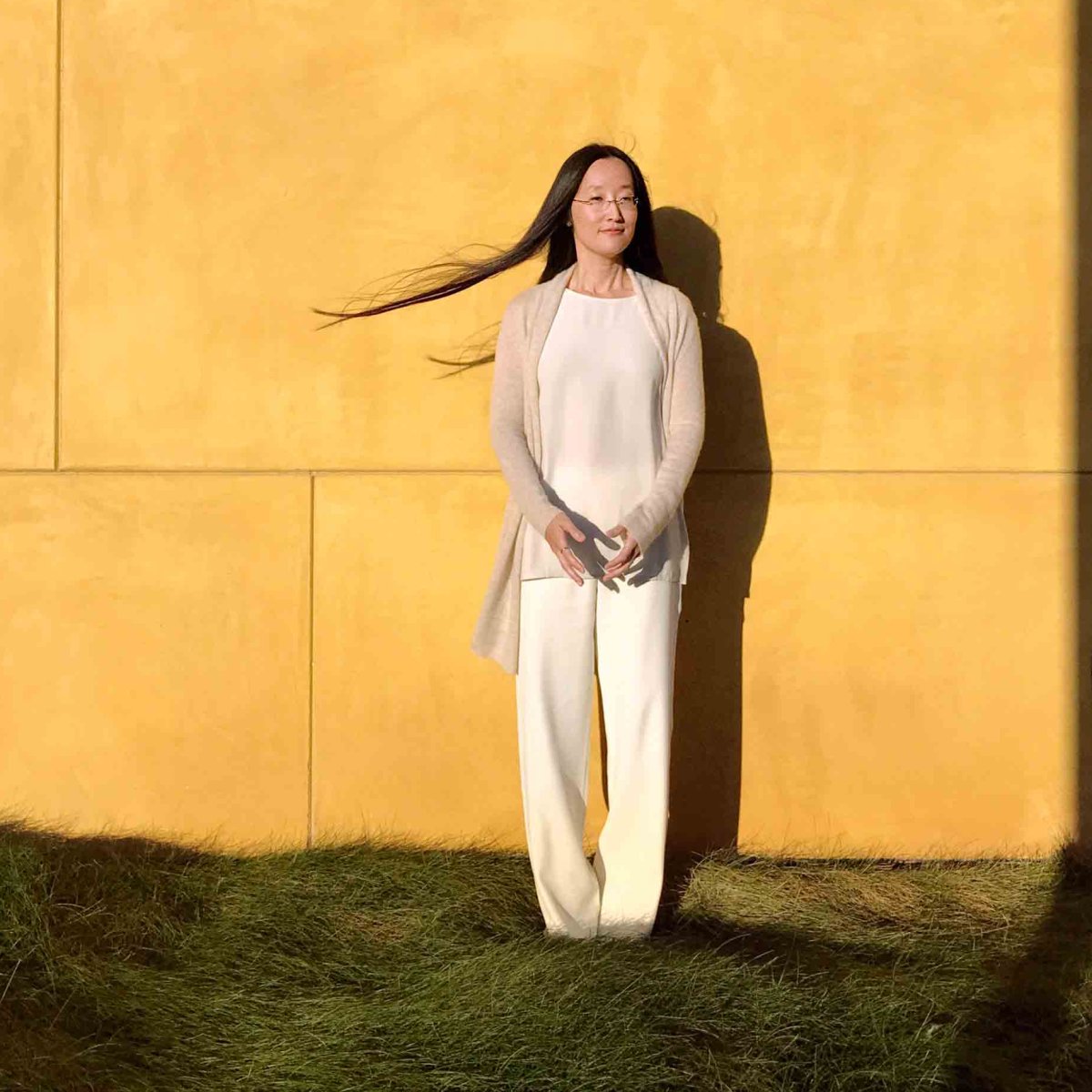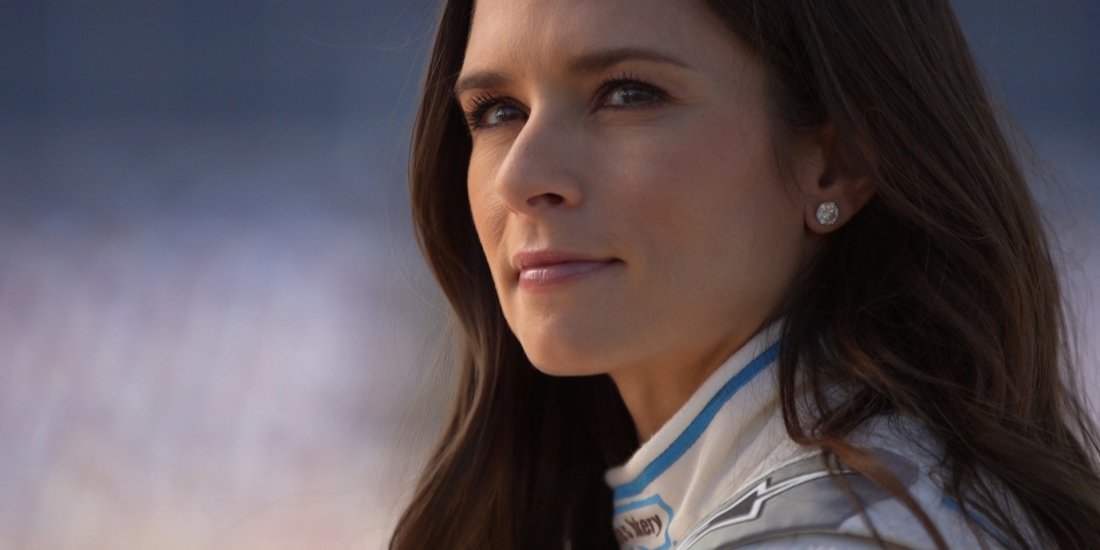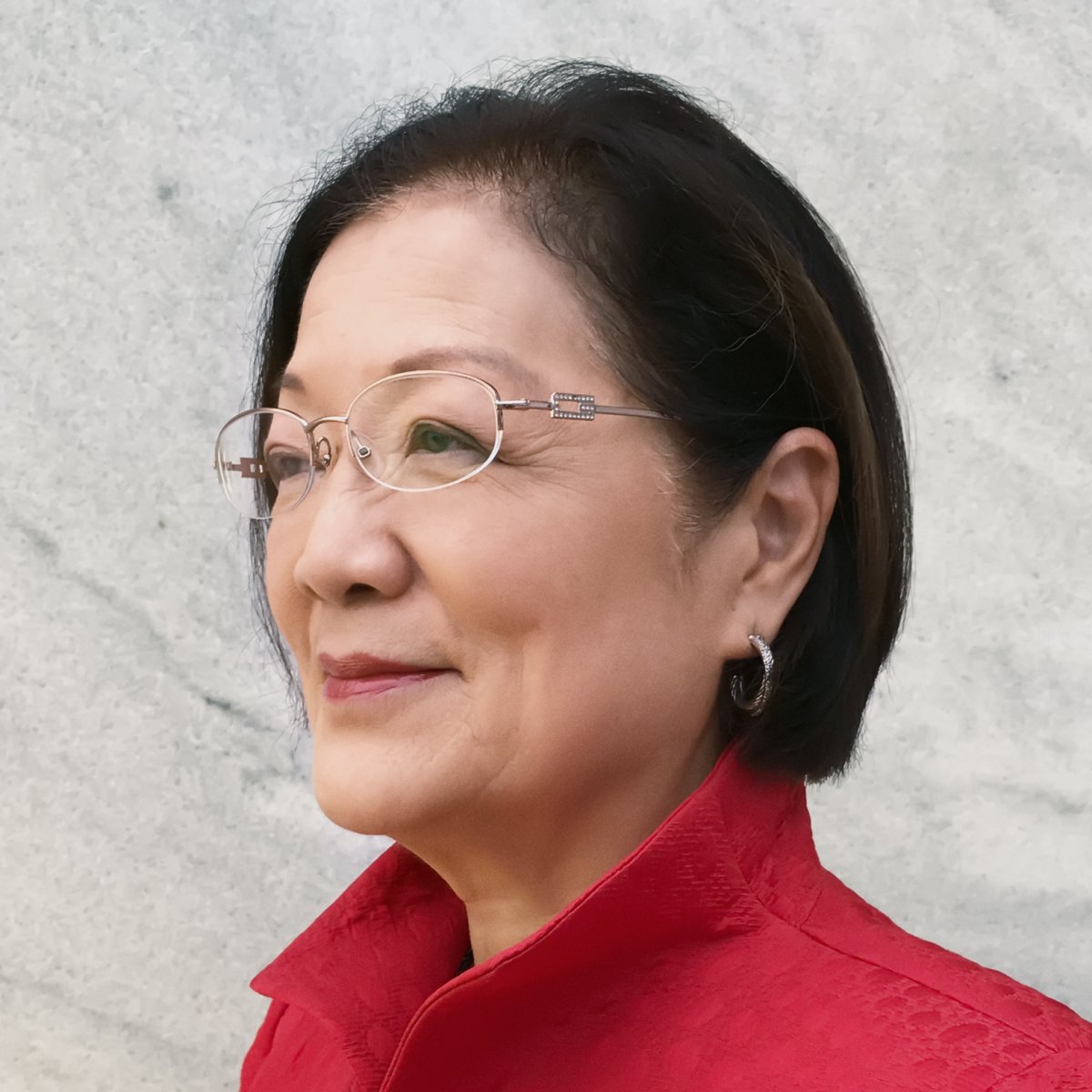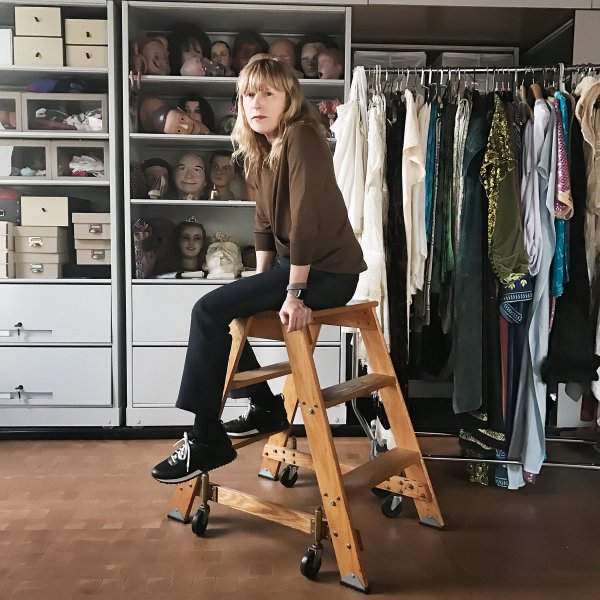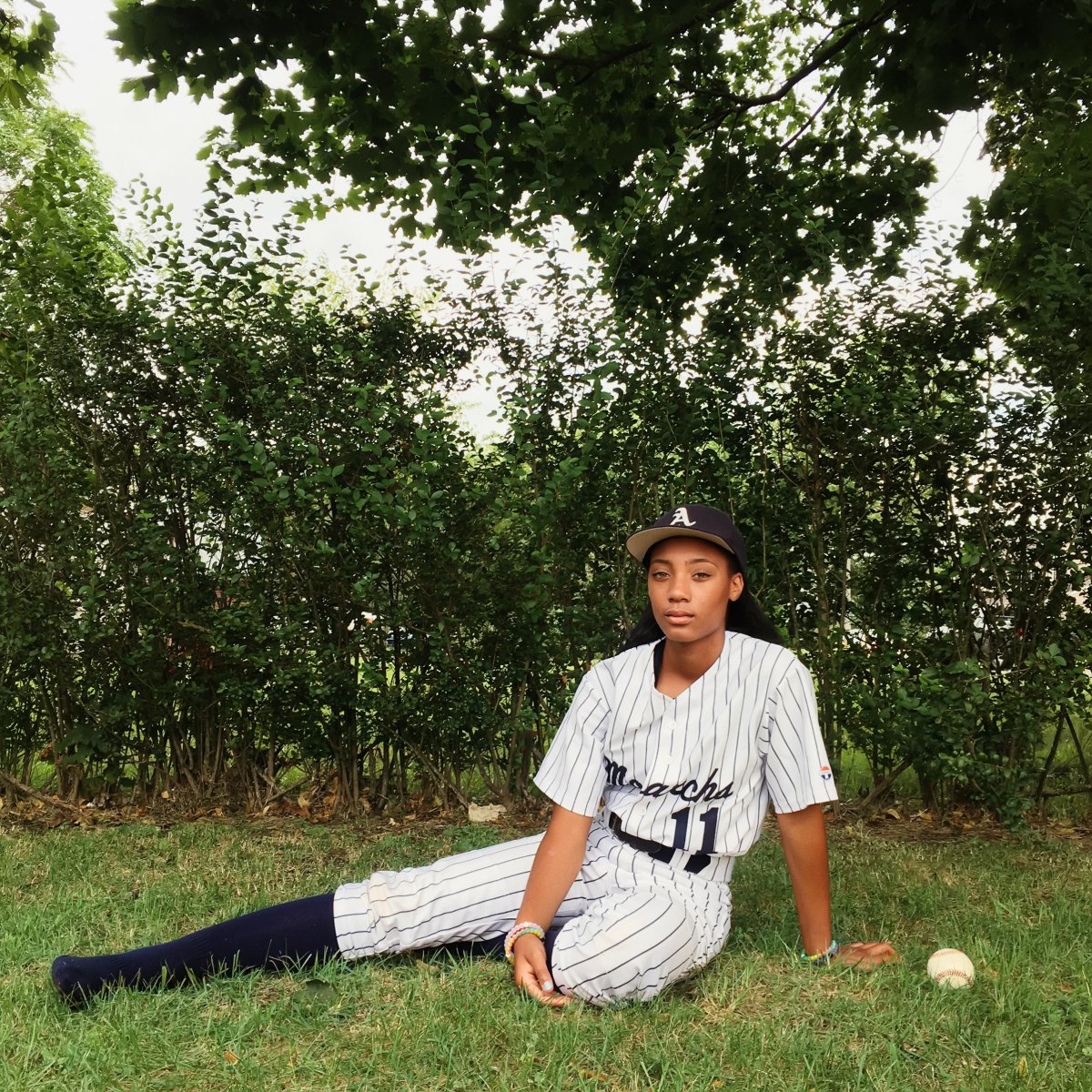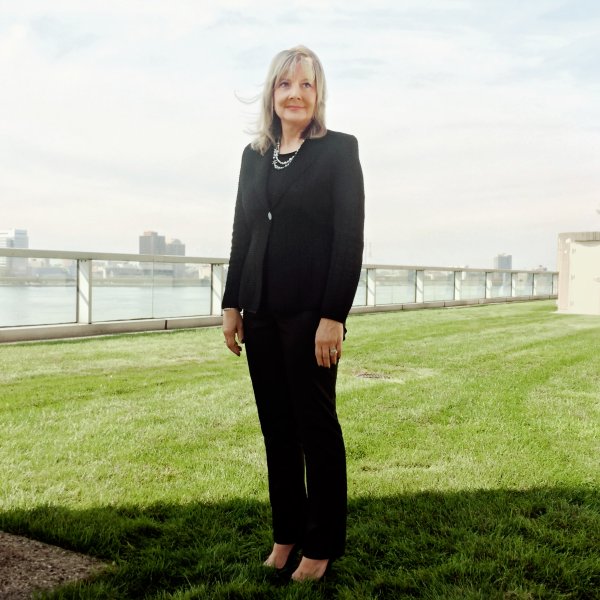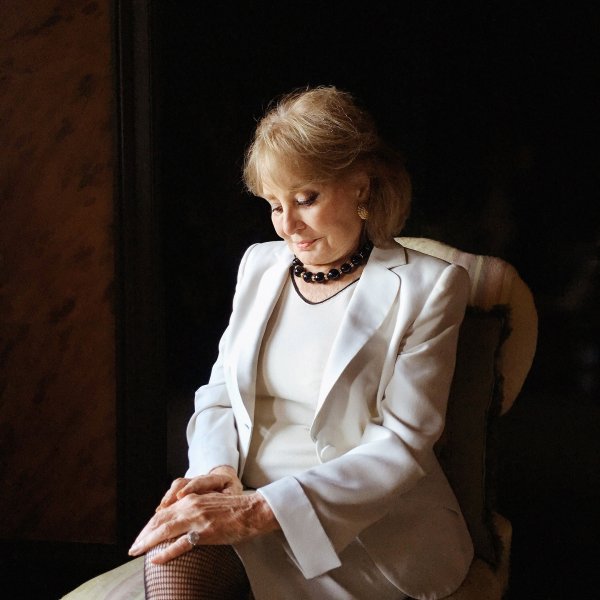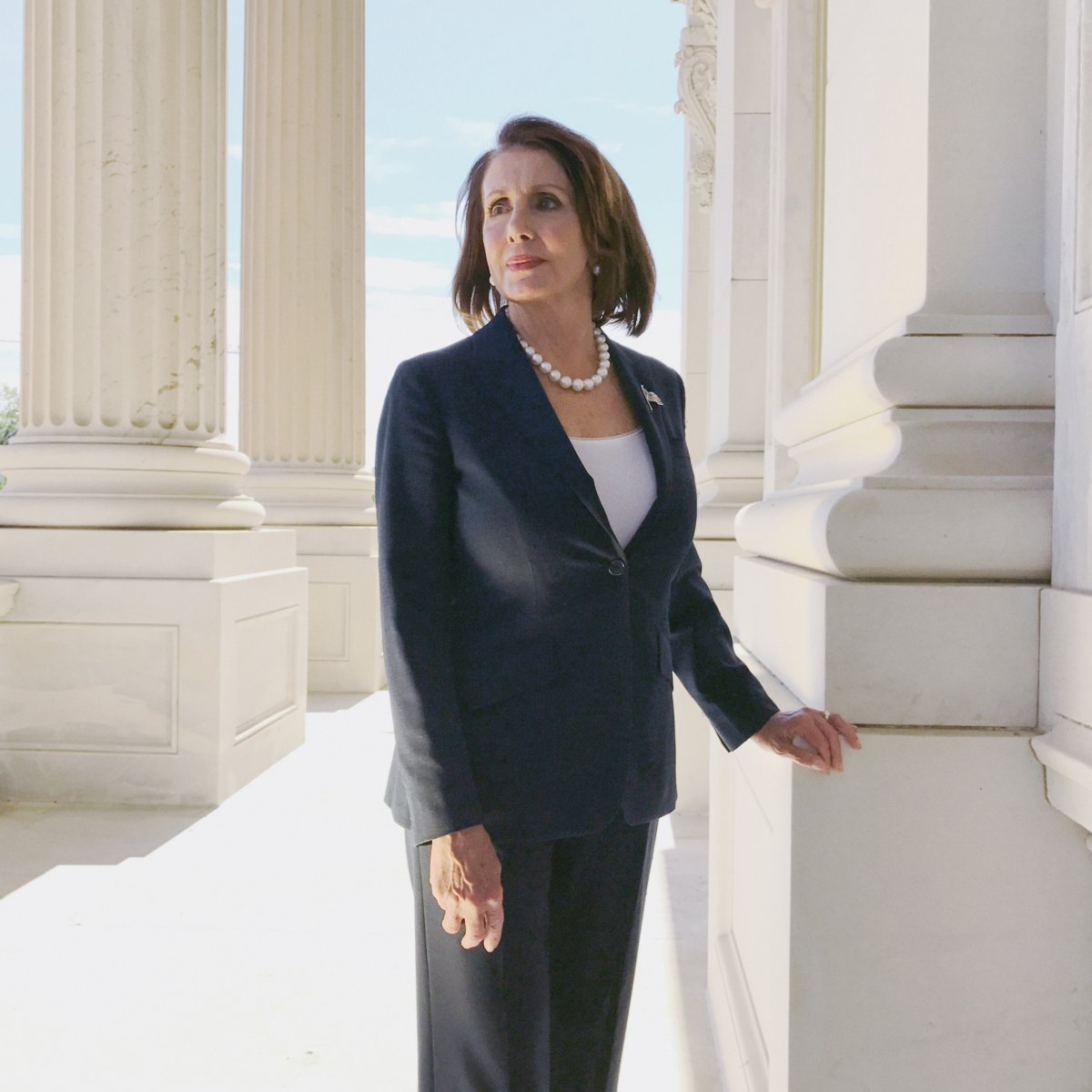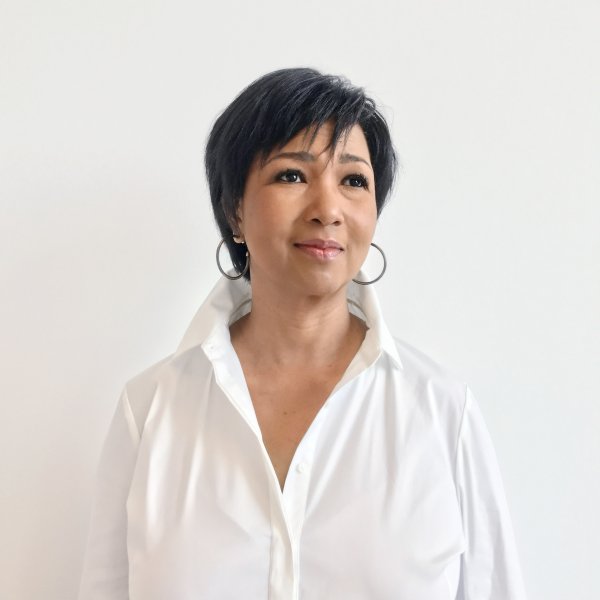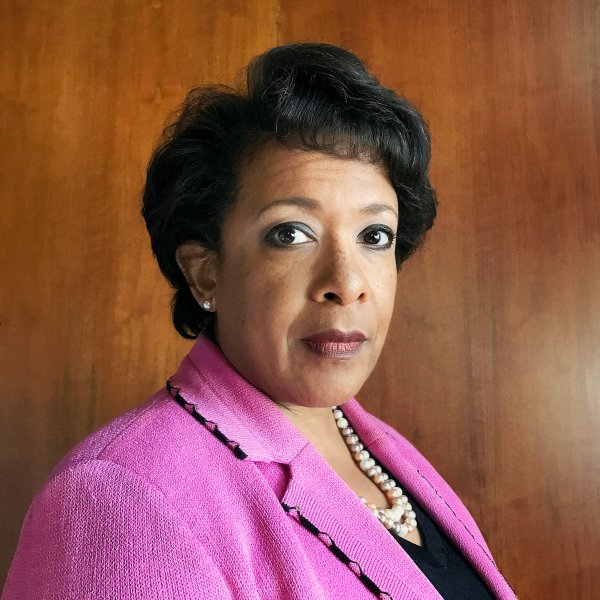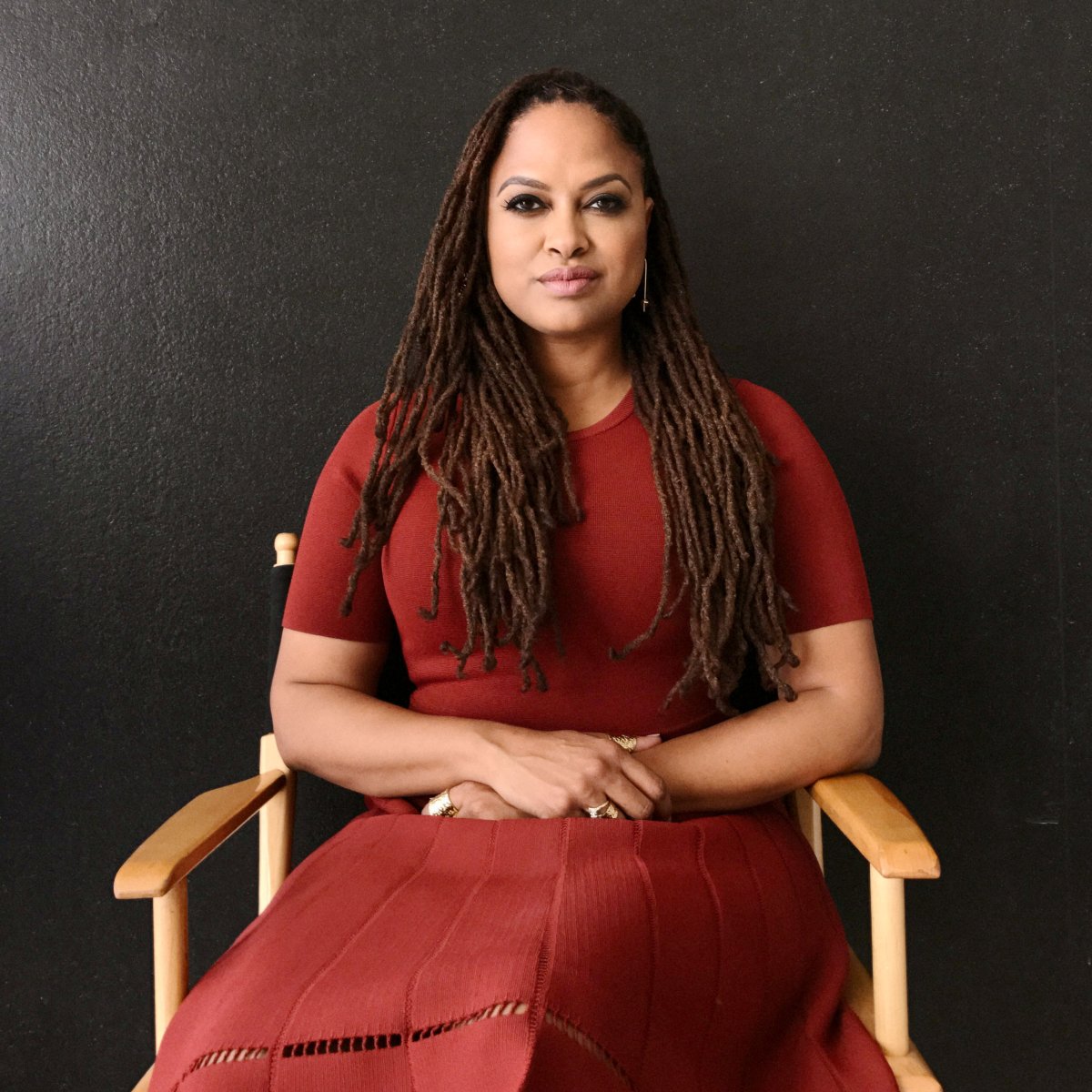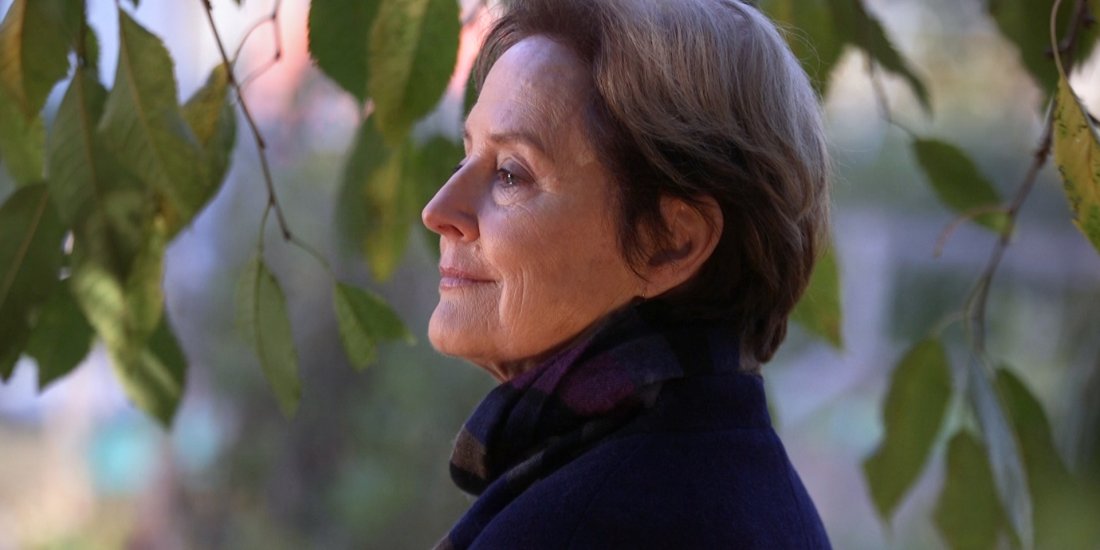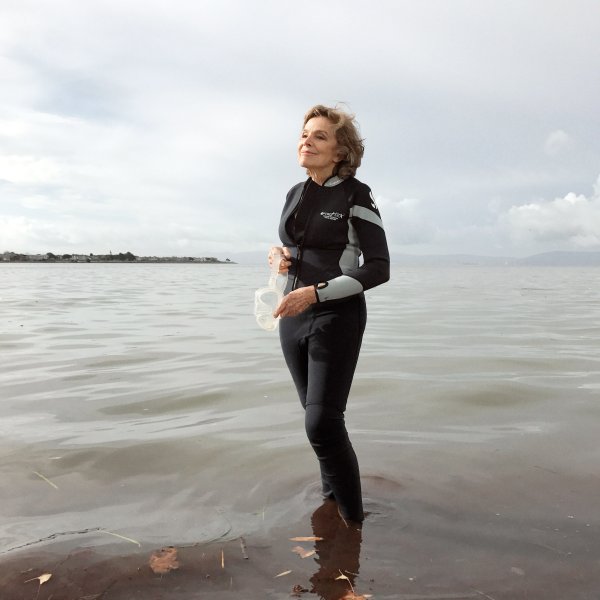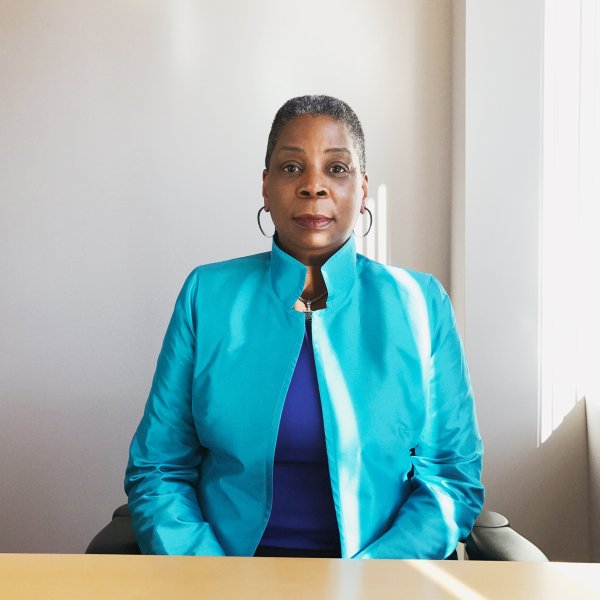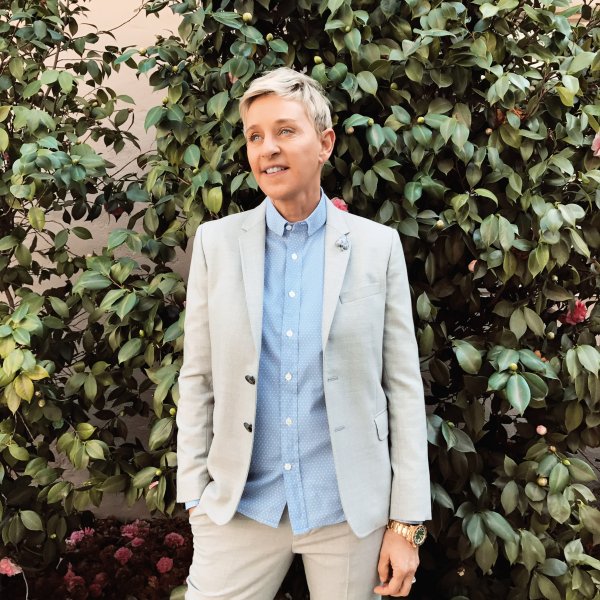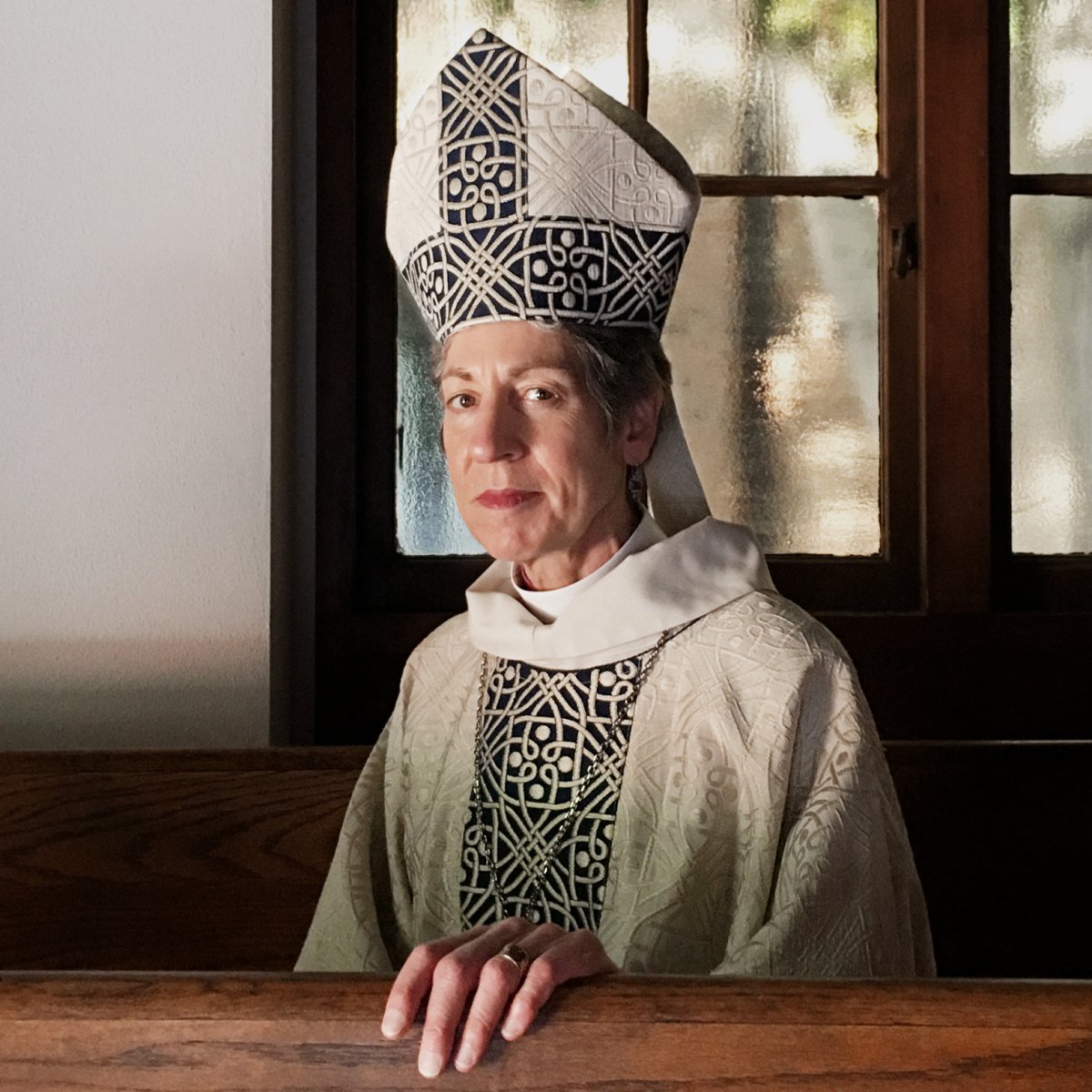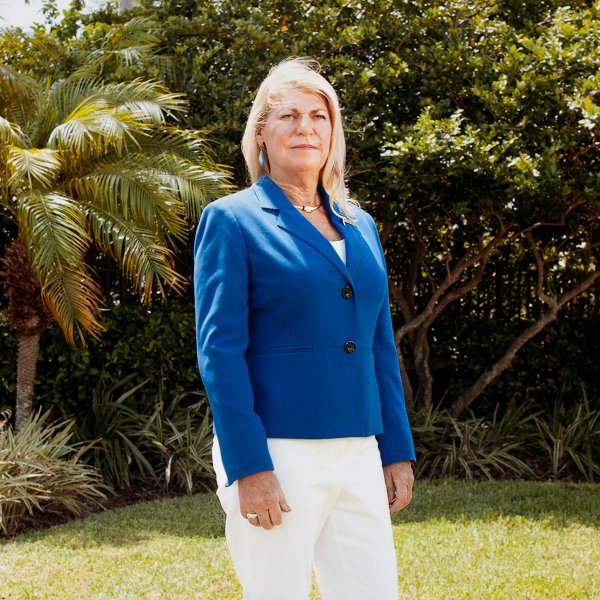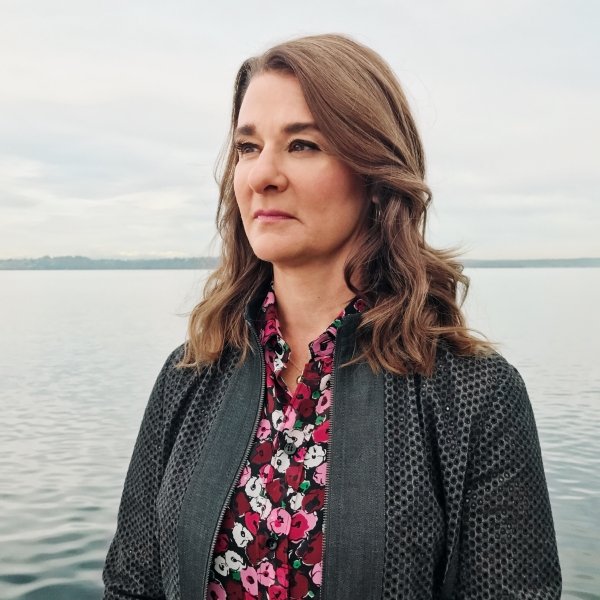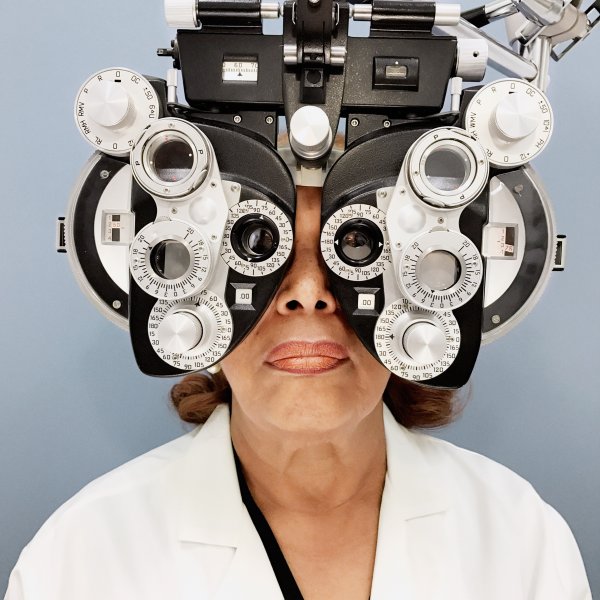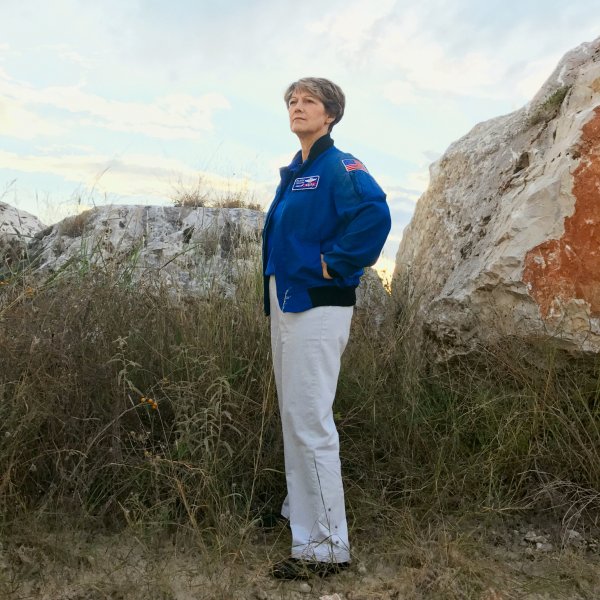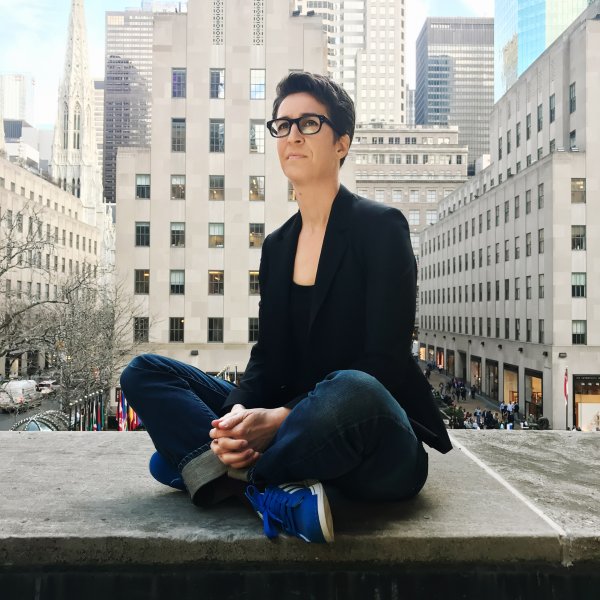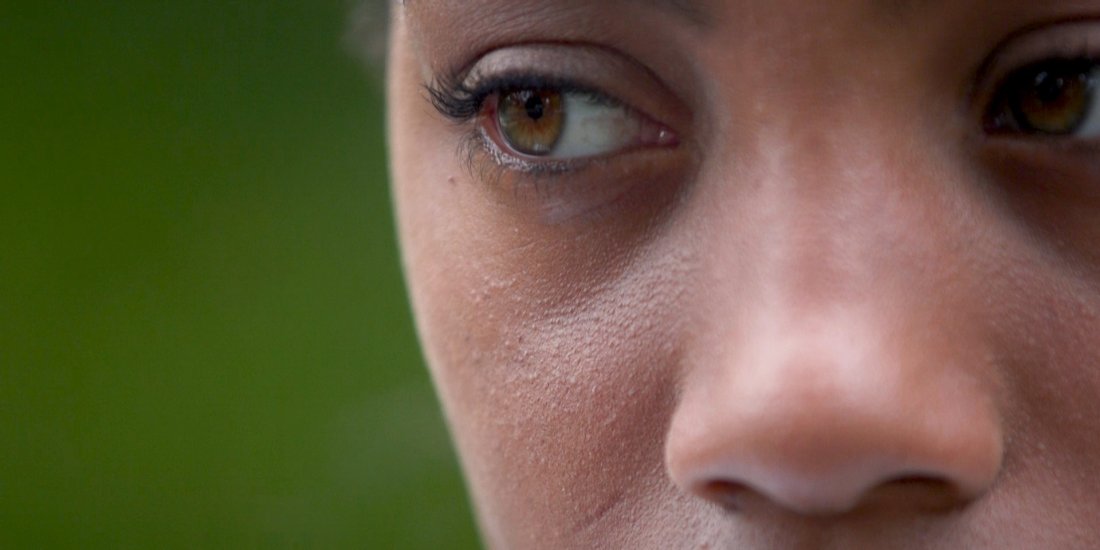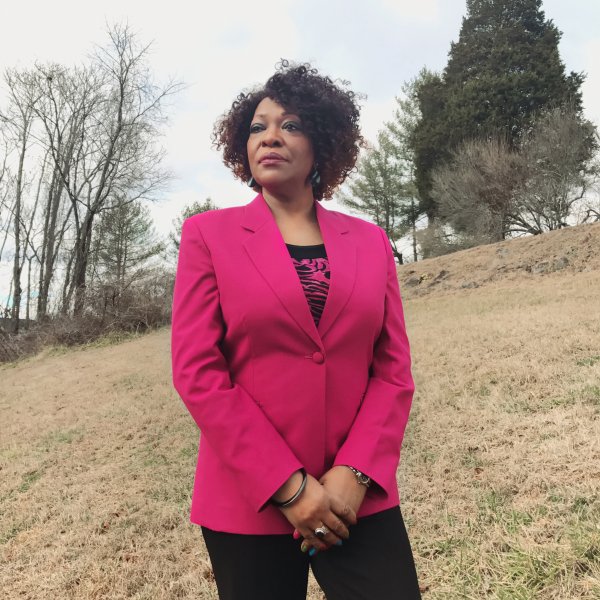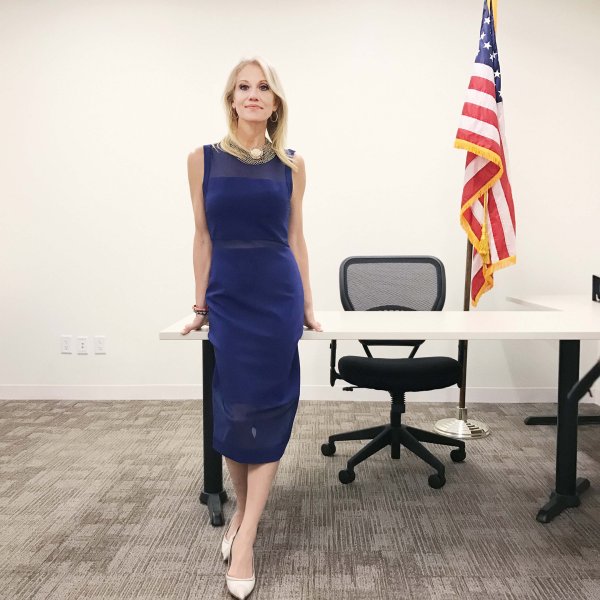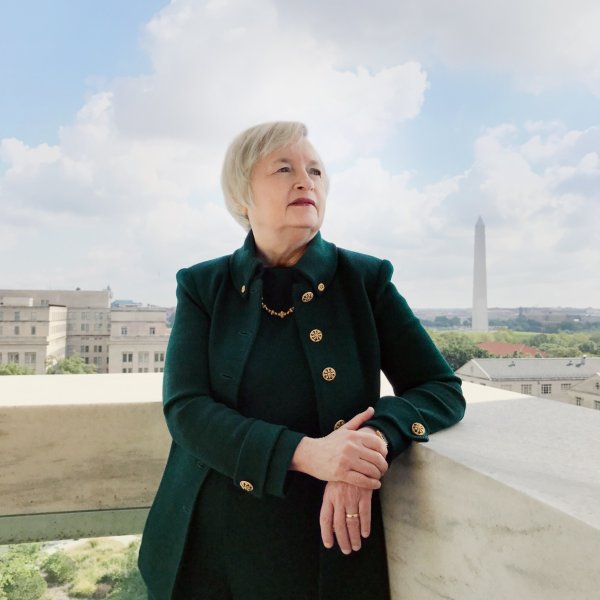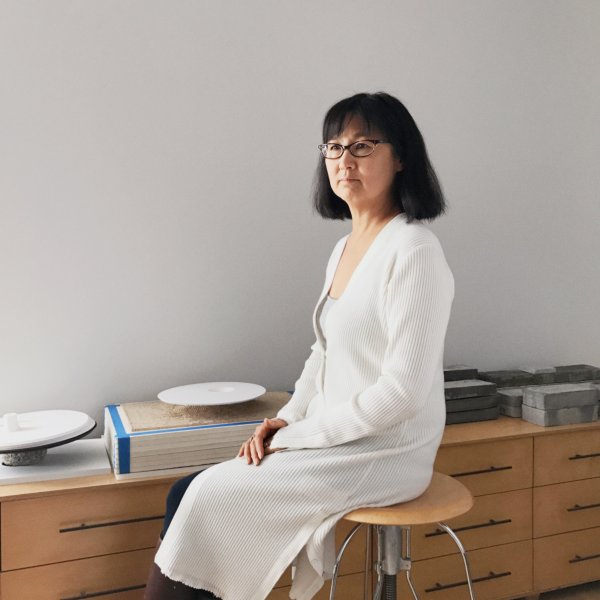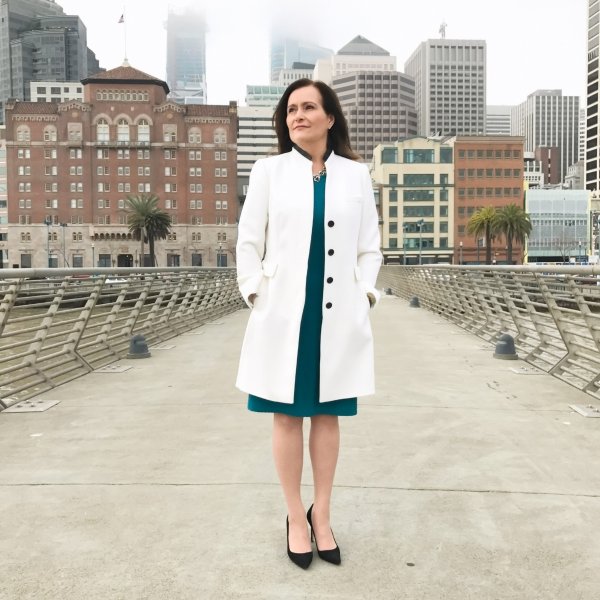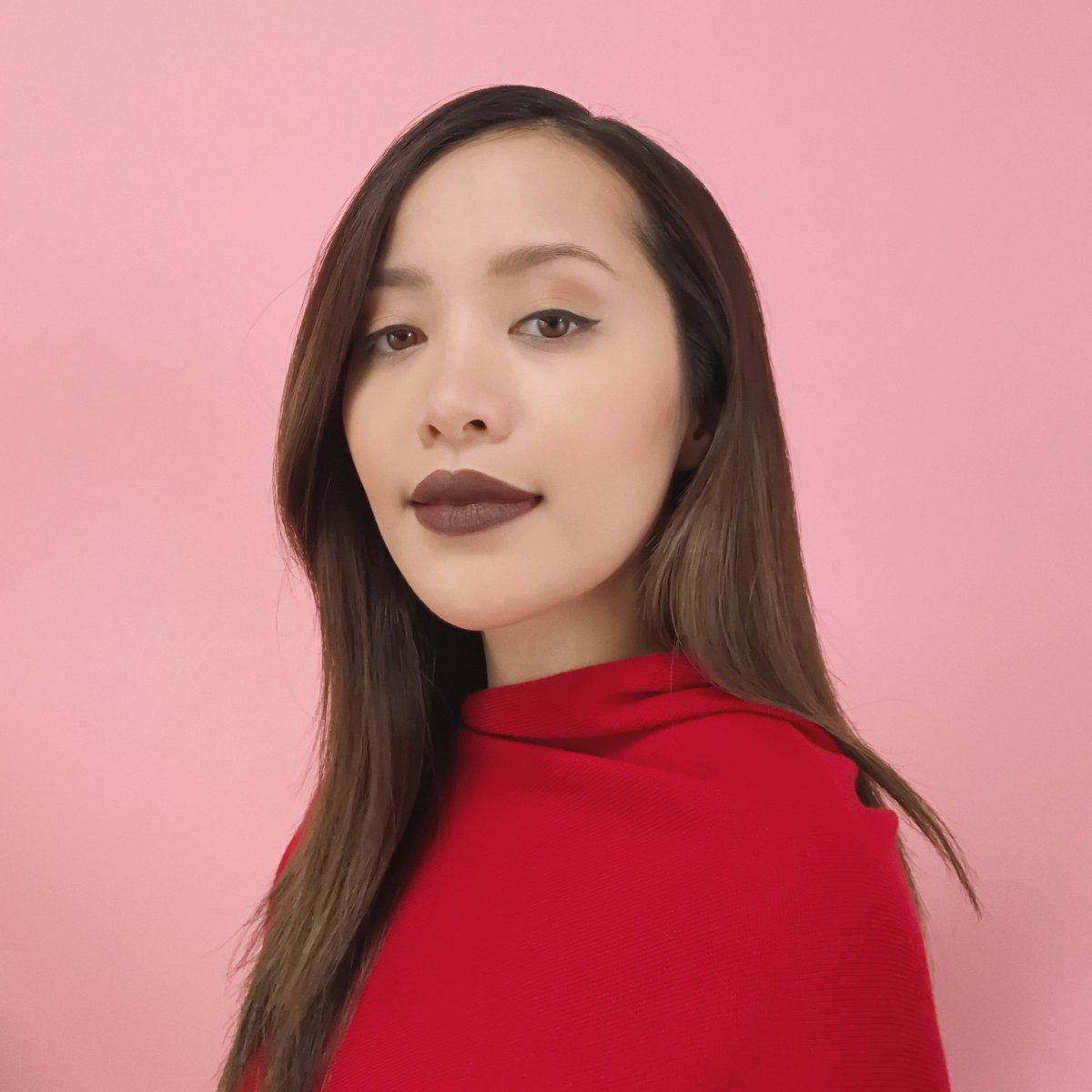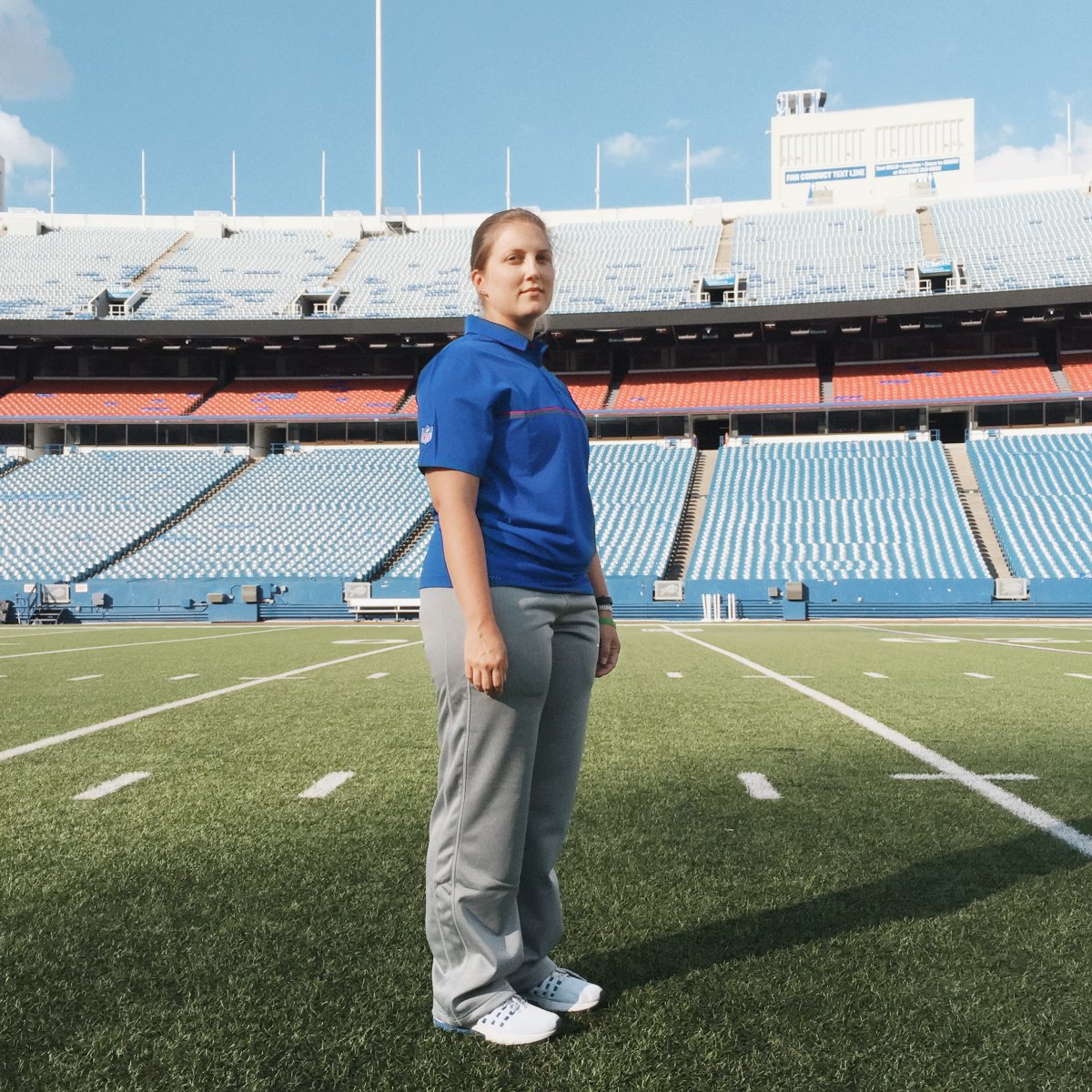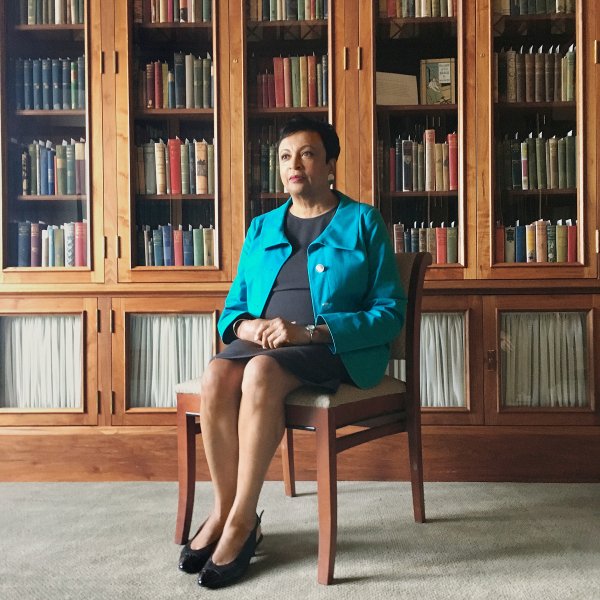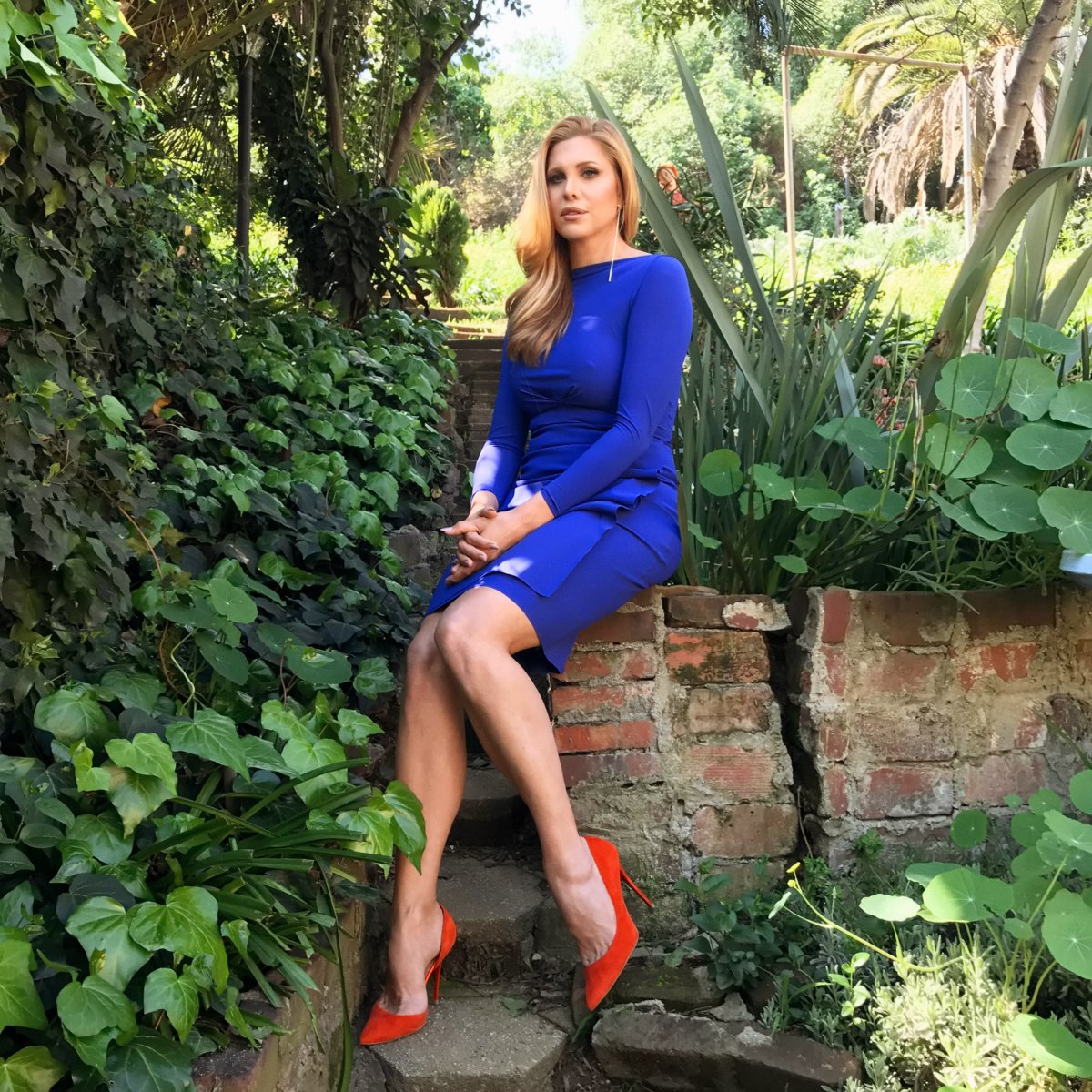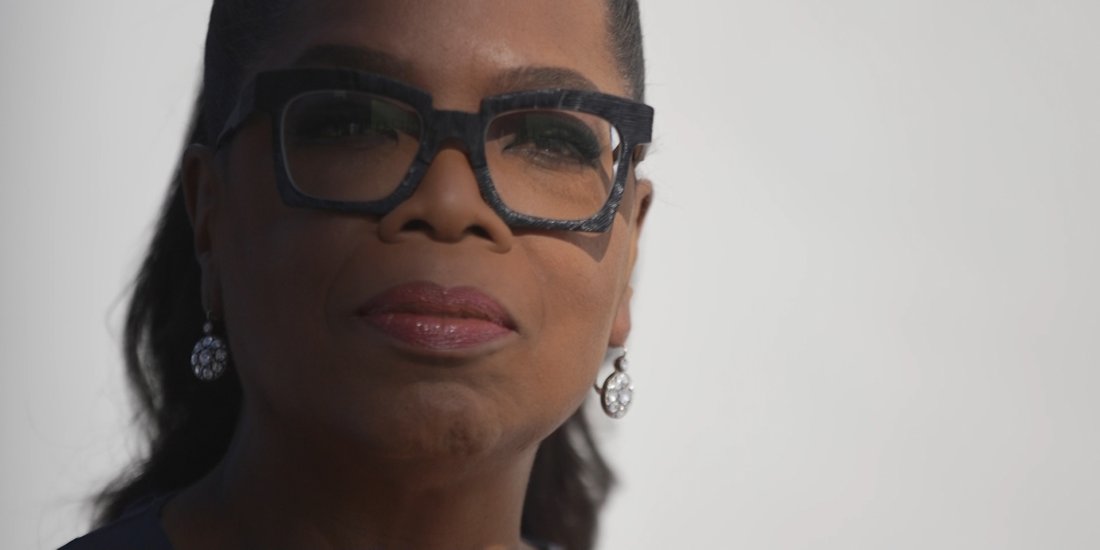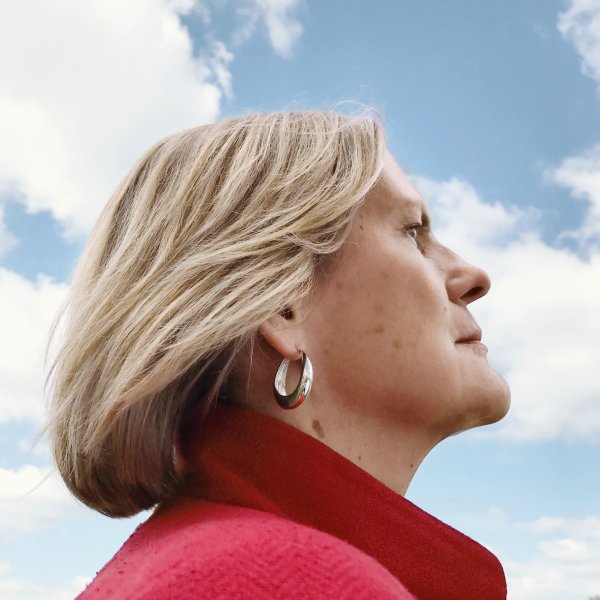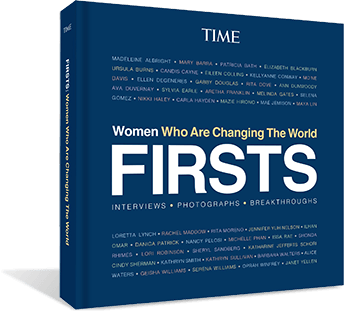The Artist
Cindy Sherman
First woman to break $1 million in a photography sale
 'Untitled Film Still #10', 1978. Courtesy of the artist and Metro Pictures, New York
'Untitled Film Still #10', 1978. Courtesy of the artist and Metro Pictures, New York 'Untitled Film Still #21', 1978.Cindy Sherman, Courtesy of the artist and Metro Pictures, New York
'Untitled Film Still #21', 1978.Cindy Sherman, Courtesy of the artist and Metro Pictures, New York‘Of course we’re all feminists, right?’
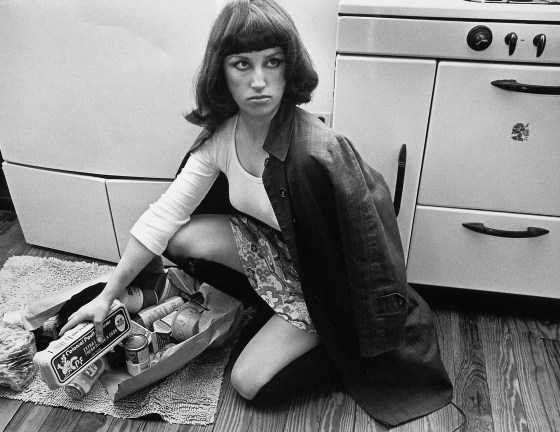
I never felt pigeonholed as a child in terms of my potential. But I did feel that I’d probably be expected to settle down and get married and have kids at some point. I definitely remember from all the old movies and TV shows from the time, like The Donna Reed Show and Leave It to Beaver, all these women that were portrayed as these perfect moms. I never really saw myself as that. I never imagined myself getting married, I never imagined myself in a bridal gown, and I really never imagined myself having kids—and I never did.
In an issue of LIFE magazine, I saw Lynda Benglis as a young artist throwing paint on her floor. I don’t know how old she was then. I was probably in high school, but it was the first time it dawned on me that a woman could be an artist.
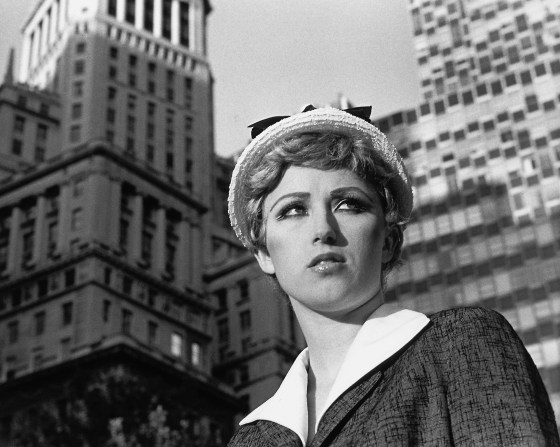
When my career got started in the ’70s, I did feel like I was being taken seriously. I didn’t really notice any kind of difference between men and women artists until I would say the early ’80s, when specific men started to become very successful. Even though I was critically successful, it was definitely a big distinction between what their work sold for and what my work sold for.
As I evolved in the ’70s, I think I took for granted what the first wave of feminist artists had to go through. I never felt like an activist because I didn’t experience that kind of fighting. It’s not like I would say I’m not a feminist, I just couldn’t quite identify with those women. Of course we’re all feminists, right? We all want women to be seen as equals. I am shy and I’m not a person who can debate and take on critical political talk. But the same issues definitely piss me off and show up in my work, and I definitely have always used my work as a forum to address a lot of things that I can’t say, that I can’t articulate.
Sherman, who studied painting before turning to the camera, is known for her chameleon-like self-portraits.
